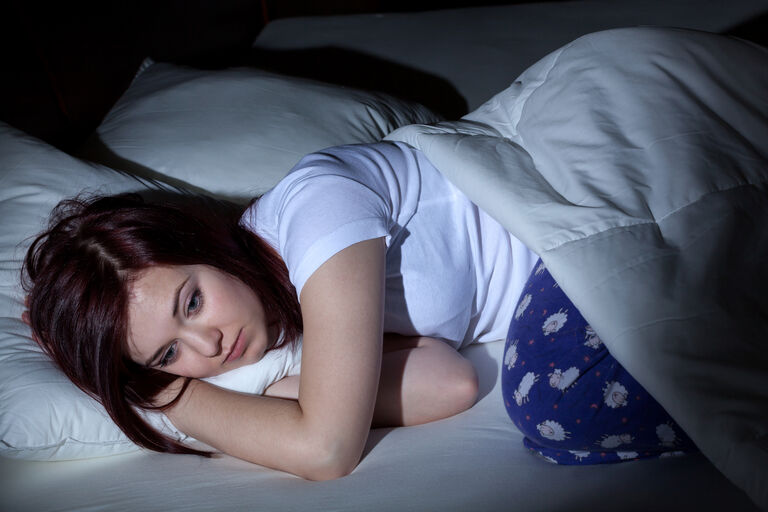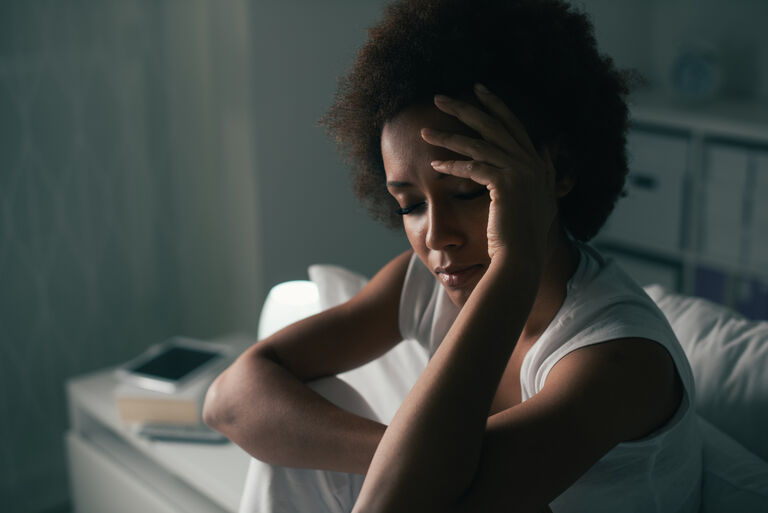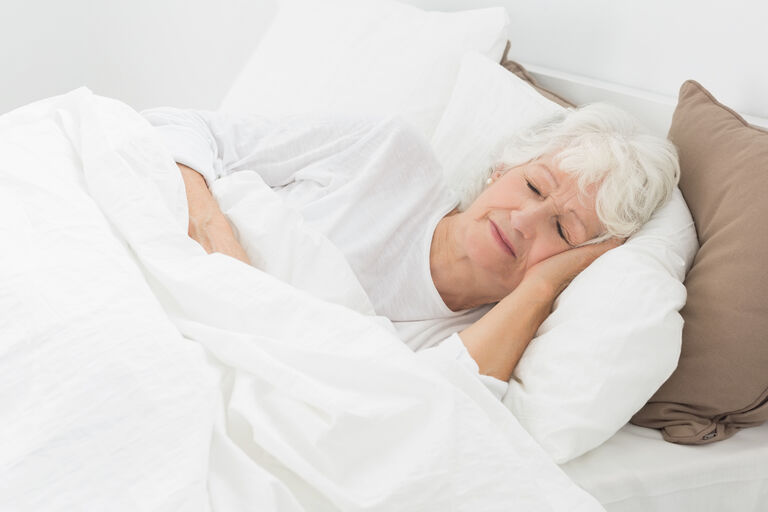SAD AND SLEEP

We’re all familiar with the winter blues – as the cold weather and dark evenings draw closer, it’s normal to feel tired and grumpy. However, sometimes we experience a more serious slump, which is known as Seasonal Affective Disorder, or SAD.
TEMPUR investigates how to combat the feelings caused by SAD and how sleep can be part of the solution.
WHAT IS SAD SYNDROME?
SAD is a condition that typically results in low mood and general sluggishness. Also known as seasonal depression, SAD is most common during winter, affecting roughly 1 in 15 people in the UK between September and April. Women are more likely to have SAD than men, and there is even a tendency for it to run in families!
During colder months, there is less sunlight, and therefore we cannot take in as much vitamin D. This causes problems with our circadian rhythm and affects the production of melatonin and serotonin. Serotonin and melatonin play a role in mood and sleep patterns, explaining why some people feel lower in winter.
HOW SAD DISORDER AFFECTS US
There are multiple symptoms of SAD, and effects can range from person to person. Symptoms include:
Low energy
- Fatigue
- Weight gain
- Oversleeping
- Feeling sad or depressed
- Mood swings
- Feeling irritable
- Inability to focus
- Suicidal thoughts
SAD SYNDROME AND SLEEP
One of the most common symptoms of SAD is sleep problems. Individuals suffering from SAD may oversleep, and their quality of sleep will be lower than usual. This is because in winter our circadian rhythm shifts, changing the body’s sleep-wake cycle.
If you suffer from SAD, you should make sure you get the right amount of sleep each night to reduce fatigue and increase concentration – between 8-9 hours is ideal.
Try not to take long naps, as this may make you feel worse. You should also do your best to go to sleep and wake up at the same time every day, as a regular routine will optimise your quality of sleep.
HOW TO BEAT THE WINTER BLUES
If you suffer from SAD, there are plenty of ways to try and reduce the effects.
To make sure you get enough vitamin D, spend as much time as you can outdoors to make the most of the sunlight. You can also boost your vitamin D by eating fatty fish and vegetables.
Some people find a light box really helps with SAD. Light boxes give out a very bright light – and sitting in front of one for an hour each day has been shown to boost mood. You can also use a dawn simulator to mimic sunrise in your bedroom, ensuring you wake up feeling refreshed!
Spending quality time with friends or family is a great way to feel better when it’s cold and dark outside. If the winter blues hit you particularly hard, talking to an expert about your feelings may help.




